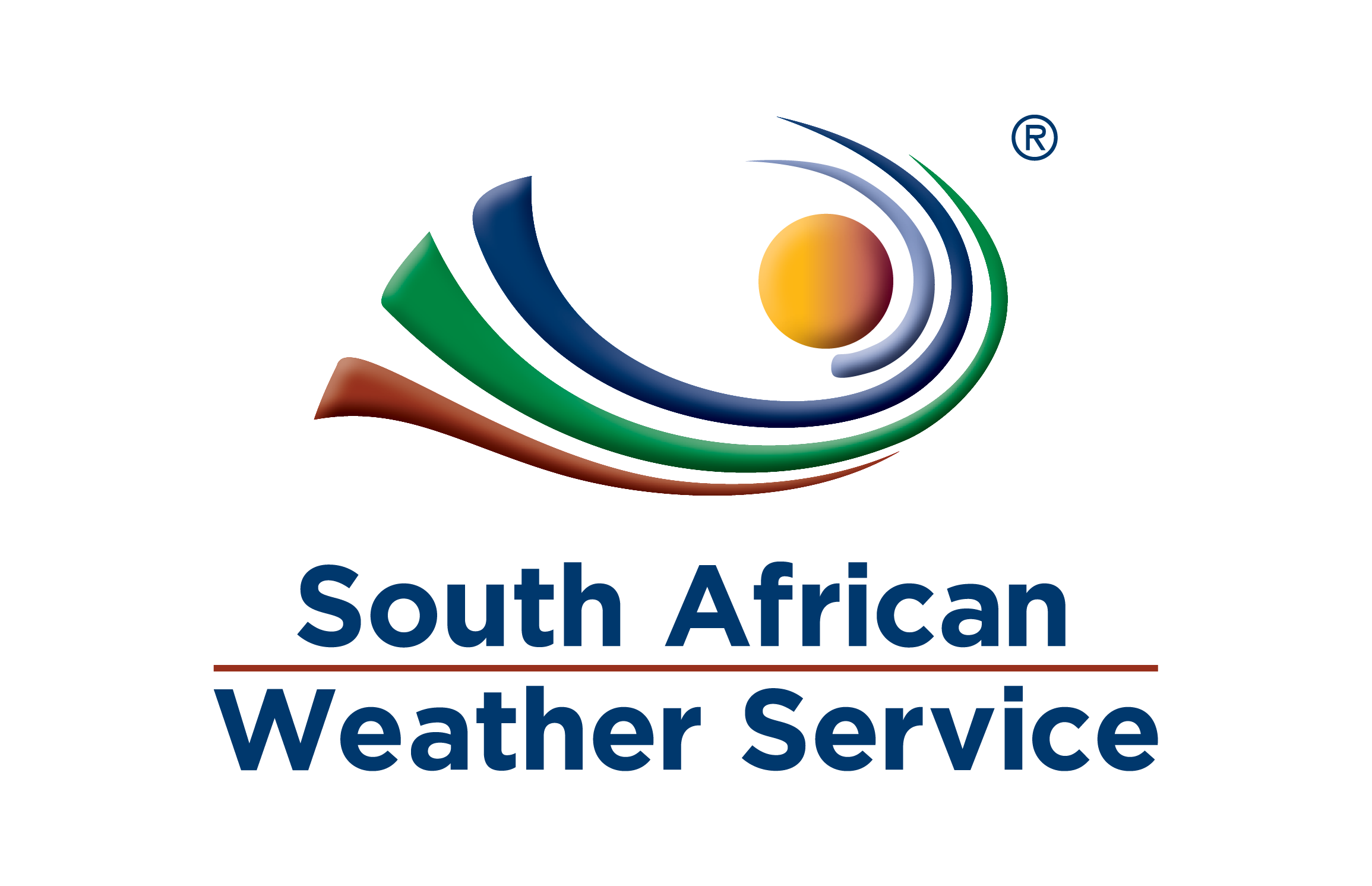

Meteorological Training has always been an integral part of the South African Weather Bureau (pre July 2001) and the South African Weather Service (post July 2001), the transformation commencing by Proclamation in the government Gazette on 15 July 2001.
After the proclamation of the South African Weather Service, the Meteorological Training Institute (MTI) was established with the main purpose to train Meteorologists and Meteorological Technicians (known as Weather Observers) for the South African Weather Service. As of May 2011, after recognition by the WMO, the Meteorological Training Institute are now referred to as a WMO Regional Training Centre (RTC).
The main course for the Meteorological Technicians, namely the Weather Observer course, has been running in one or another form from the early 1970’s when it was run under the auspices of the Pretoria Technikon. The course is based on the WMO suggested curriculum and has been updated to keep track of the changing technology. In 2008 the course was registered with the South African Qualification Authority (SAQA) and the then MTI of SAWS was accredited to run the course in 2009. Trainers for this course are personnel of the RTC.
The RTC is also involved with other meteorological training especially the forecasting course, Due to the scarcity of knowledge and training facilities, partnerships were created with the University of Pretoria in the late 1980’s. Through this partnership, meteorologists are trained as forecasters, researchers and climatologists with most other Universities concentrating on the training of Climatologists. The main core of trainers is from the South African Weather Service and the core trainers for the forecasting course are personnel of the RTC.
All trainers undertake assessment and moderator training and are then registered as assessors and moderators by the SETA TETA. Their qualifications are also regulated by the SETA TETA to ensure qualified trainers for lecturing.
The RTC is based in Bolepi House; the SAWS head office in Pretoria. With the development of a new headquarters for SAWS, it is envisaged that a separate Training Institution will be built for the RTC.
The Weather Observer (WMO Meteorological Technician “equivalent”) course is given as a 10 month in-house training for bursary holders and private students when space is available. It has also proved to be popular with other African (Swaziland) countries and is delivering the required quality of Observers. This course is run at the at the Regional Training Centre.
A scaled down observer introduction course is done for the Island personnel that needs to do limited observations on SANAE and Gough and Marion Islands.
Currently all the forecasters are trained through the University of Pretoria. The course is very intensive and thus the student numbers are limited to what can be handled by the lecturers. It has also proved to be popular with other African (Tanzania and Lesotho) and Arabian (Oman) countries and is delivering the required quality of forecasters.
Since 2012 the forecasting course is a Post Graduate Certificate underwritten by Continuous Education at University of Pretoria (CE@UP) and which is run at the Regional Training Centre.
Most of the researchers and climatologists are trained at the University of Pretoria, University of Cape Town, Witwatersrand etc. In the past we have received requests from other countries and they have been referred to the relevant University.
All the different subjects for the different courses can be run as short courses and continuous training for Forecasters and Weather Observers are done yearly or when identified between RTC and the different stakeholders.
In 2009, the then MTI became a recognized Centre of Excellence in Satellite training and have been involved in the ASMET development of distance learning tools.
An on-line examination system called MOODLE is used for theoretical assessments.